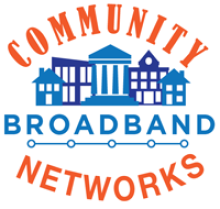Image


 Big companies like Time Warner Cable have some big advantages over any community that decides to build a network. Of course, communities do not build their own networks on a lark, they do it because they need fast, affordable, and reliable networks for economic development and maintaining a high quality of life.
But a better comparison goes beyond simply the scale of the competitors in order to complete a more meaningful comparison. For that, we created our “Level Playing Field” video, attached below.
There should be no doubt that massive incumbent cable and phone companies have a monopoly on the “unfair” advantages in telecommunications. Fortunately, community networks have a host of local advantages and often superior technology with which to invest in the networks they need. The question is whether Congress and the states will protect the right of communities to choose for themselves if a local community network is necessary.
Big companies like Time Warner Cable have some big advantages over any community that decides to build a network. Of course, communities do not build their own networks on a lark, they do it because they need fast, affordable, and reliable networks for economic development and maintaining a high quality of life.
But a better comparison goes beyond simply the scale of the competitors in order to complete a more meaningful comparison. For that, we created our “Level Playing Field” video, attached below.
There should be no doubt that massive incumbent cable and phone companies have a monopoly on the “unfair” advantages in telecommunications. Fortunately, community networks have a host of local advantages and often superior technology with which to invest in the networks they need. The question is whether Congress and the states will protect the right of communities to choose for themselves if a local community network is necessary.
